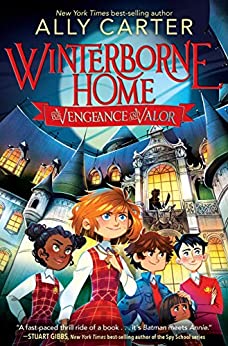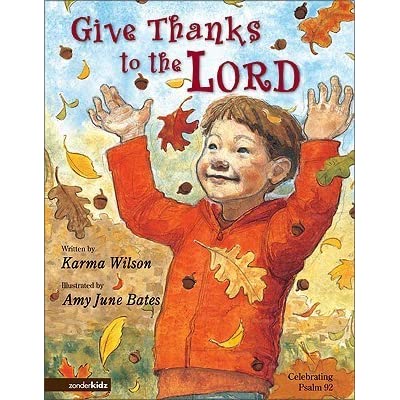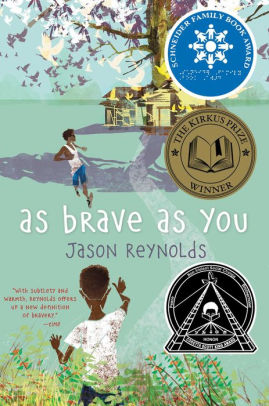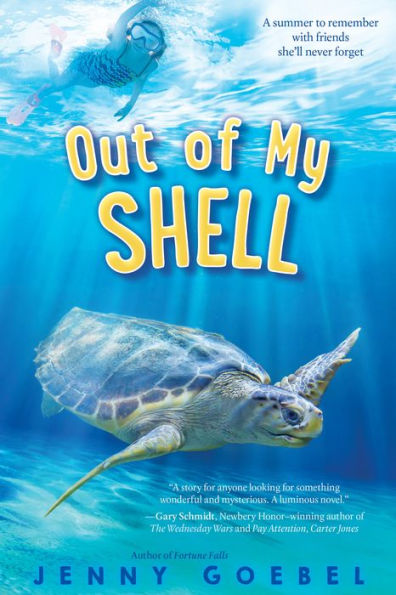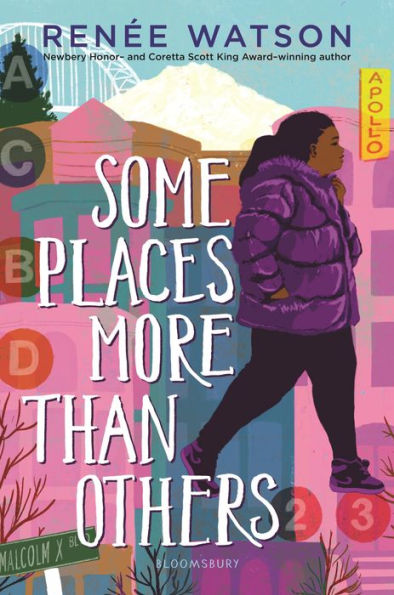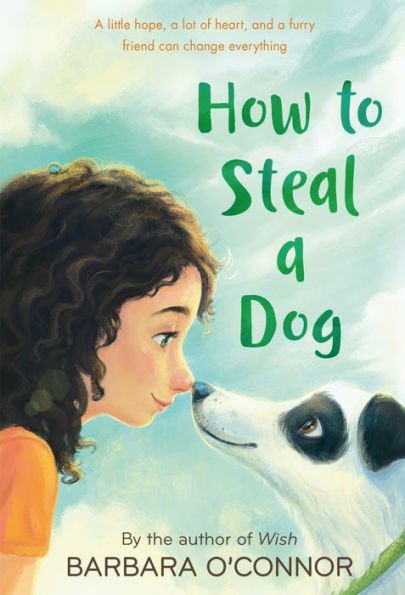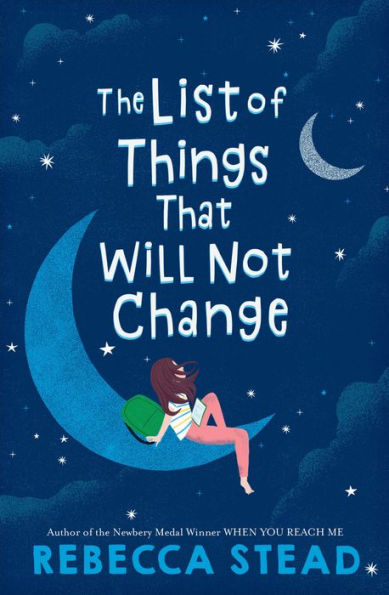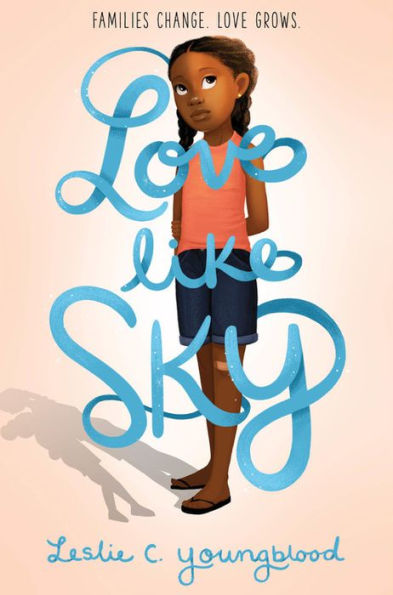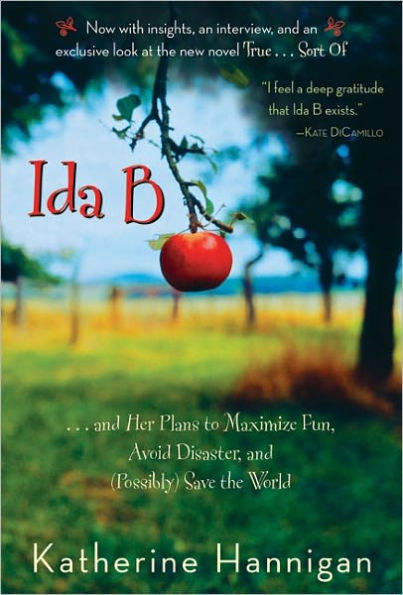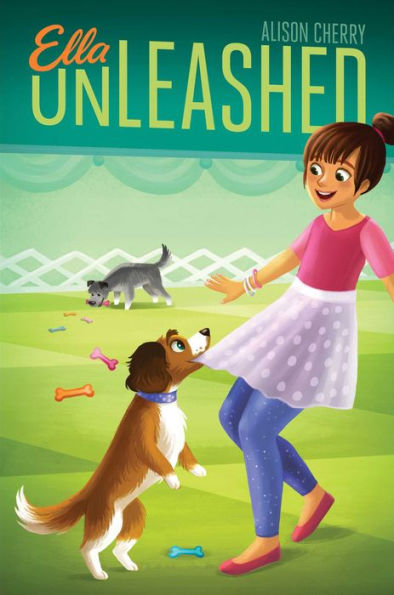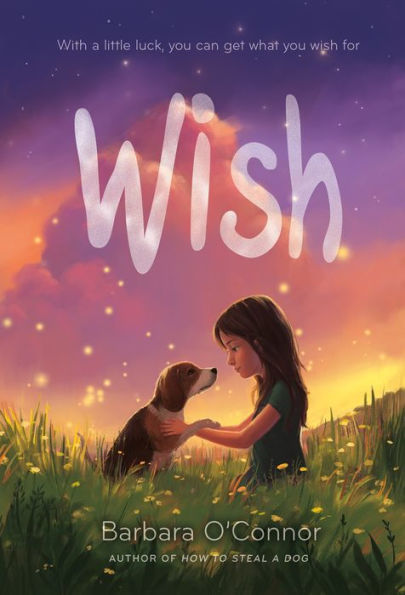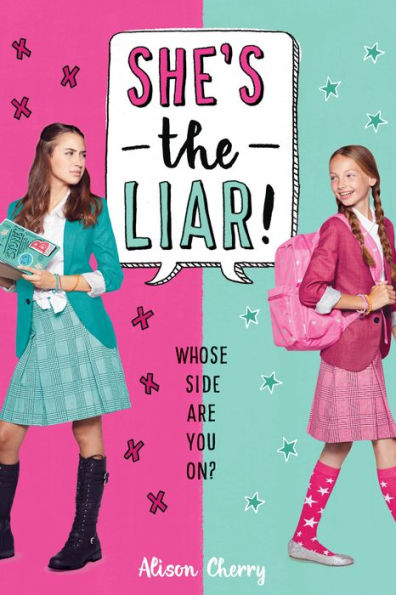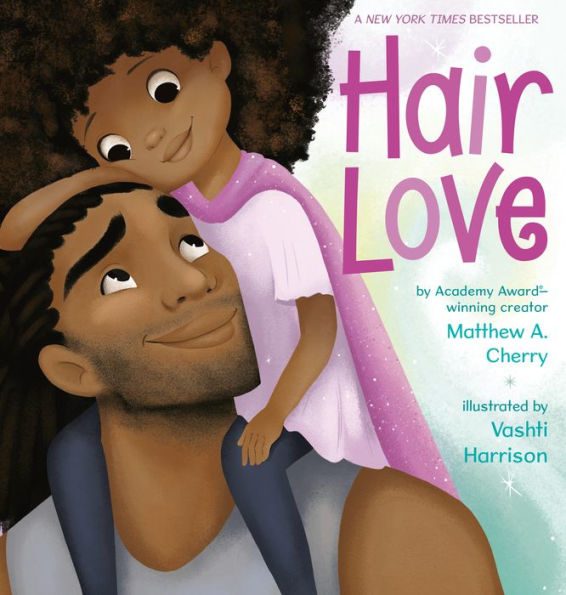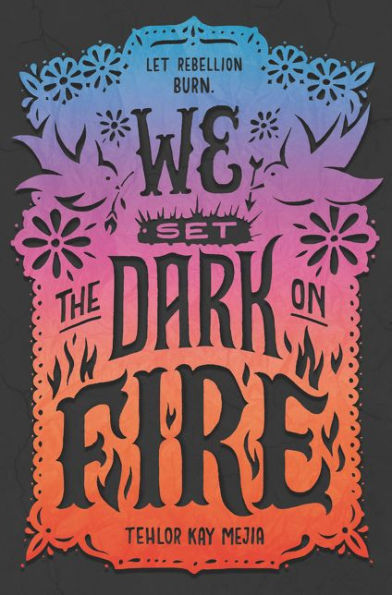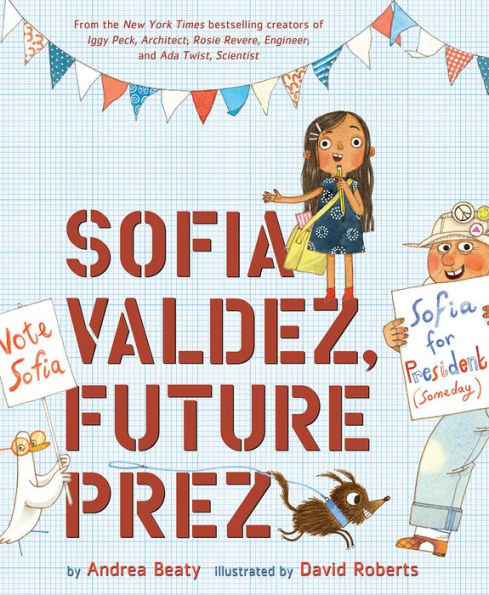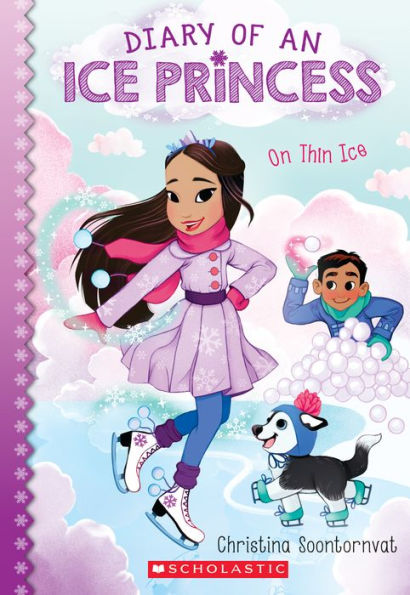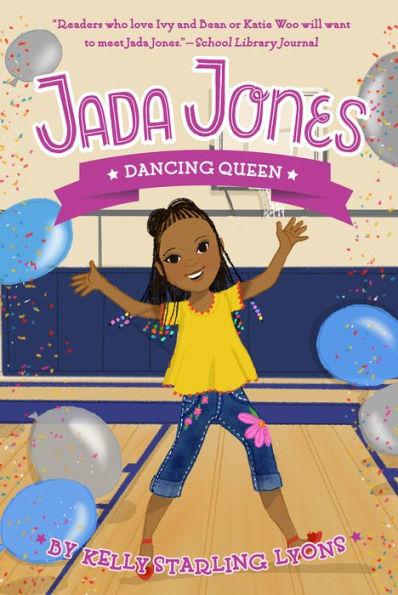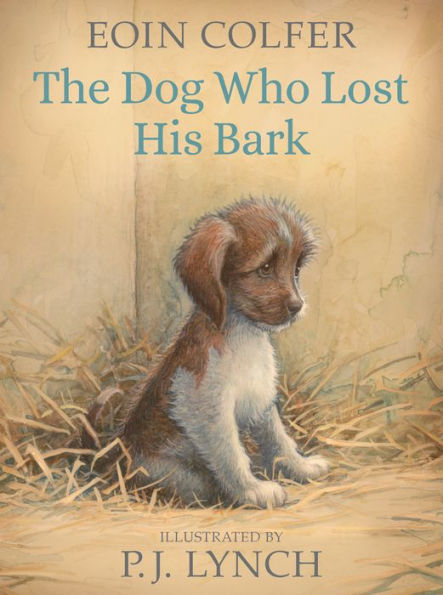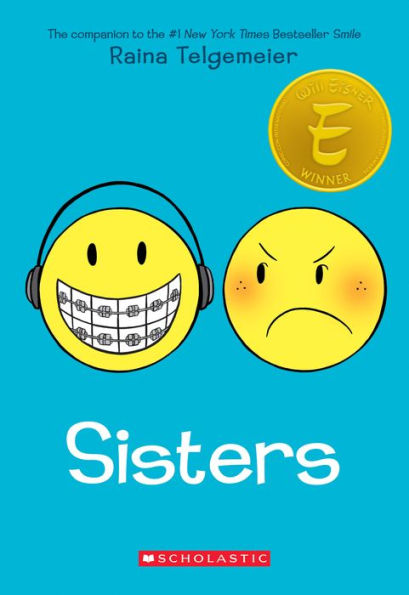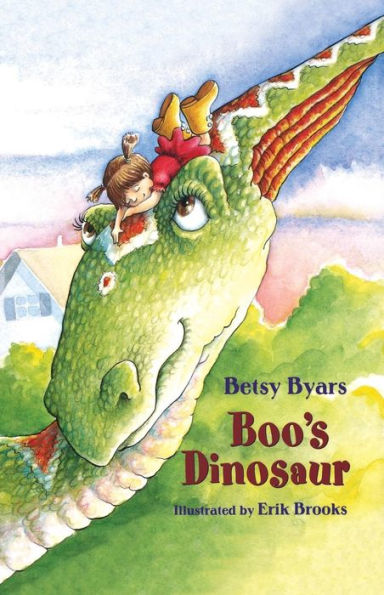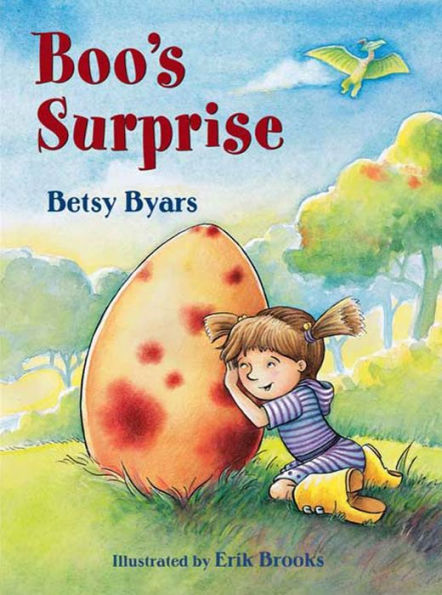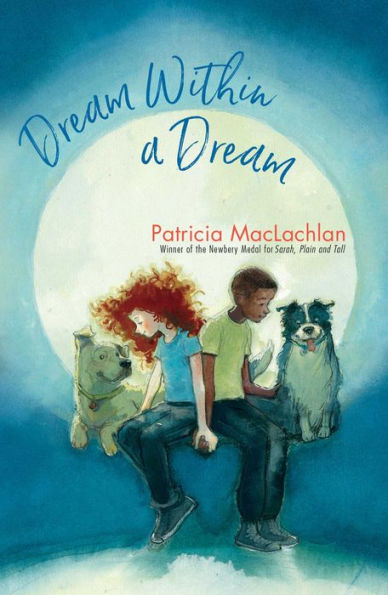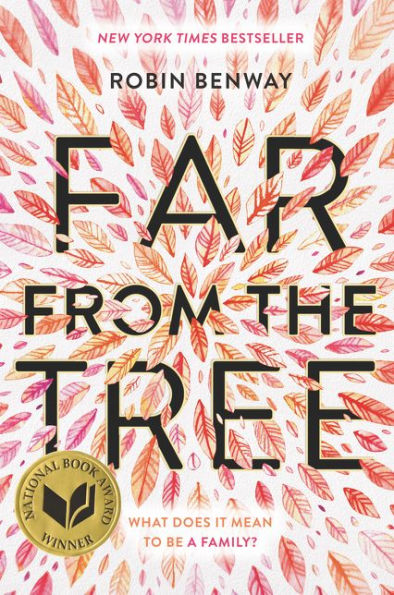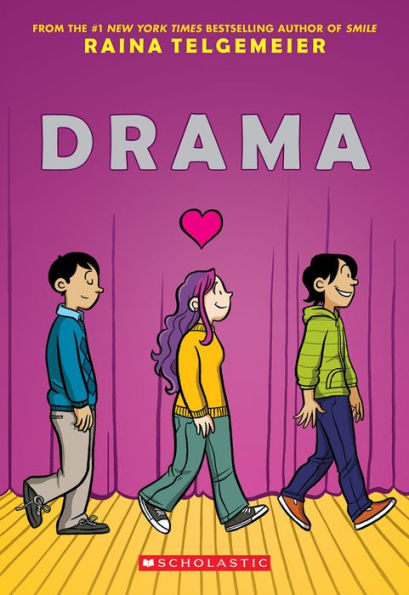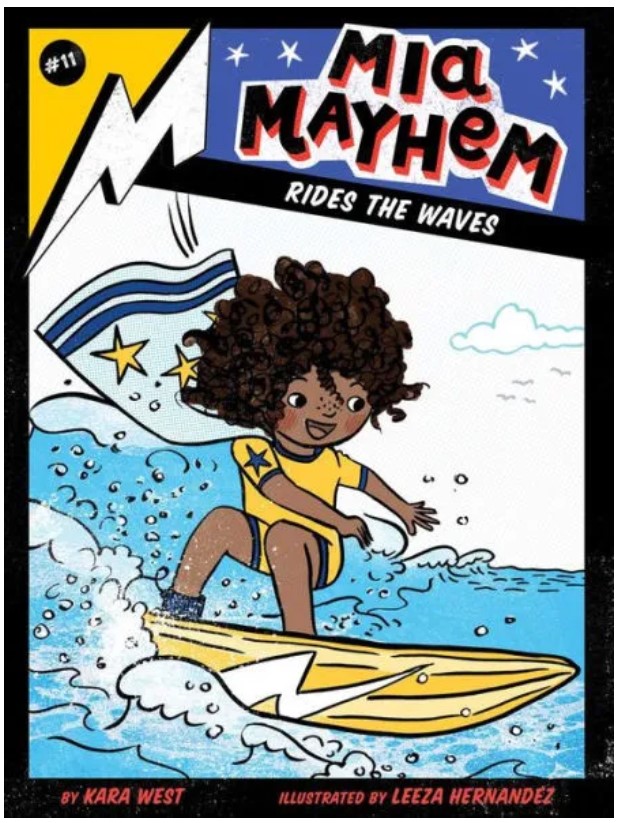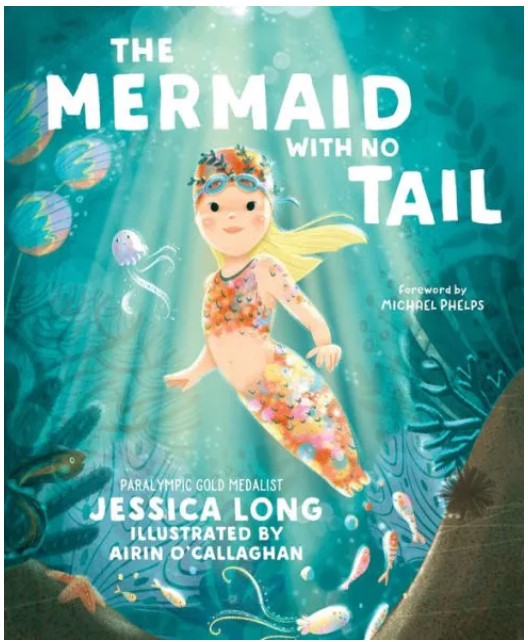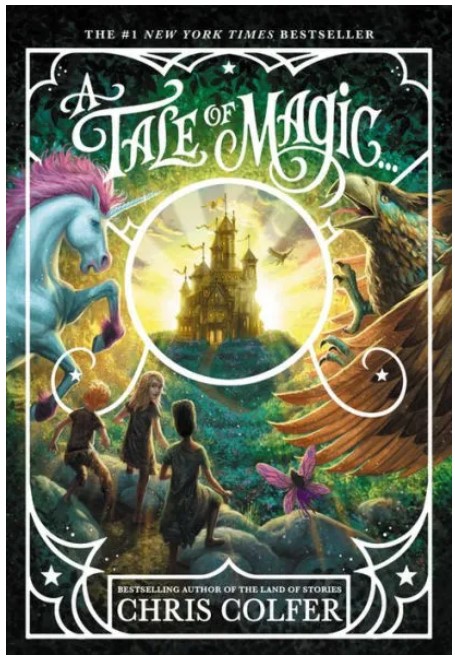For as long as April could remember, the key has hung around her neck. As an orphan, she has no one to ask what the key belongs to, but she knows it can help her find her mother. While at a museum, April sees the Winterborne family crest and is surprised that it is the same crest that is on her key. Later that night, she sneaks into the museum and accidently starts a fire. When she awakes, she’s in the hospital and a strange woman is sitting by her bed.
The woman takes April to live in a big, creepy mansion with other orphans. April is convinced that she isn’t like the other orphans because her mother will come back for her. But now, April is convinced that the clues to finding her mother are inside the mansion. As she looks for clues, April realizes that the Winterborne House is hiding more than one secret. April and her friends are going to have to work together to unravel the riddle of a missing heir, a creepy legend, and a mysterious key before the only home they’ve ever known is lost to them forever.
Even though danger lurks behind every corner, April is determined to figure out why Gabriel Winterborne (the missing heir) has suddenly returned to the mansion, and why he is hiding from everyone he knows. April’s determination and grit are admirable, but she has a tendency to get into trouble. April doesn’t know who she can trust, which adds to the story’s suspense. Even though the other orphans eventually help April, they are not well-developed. However, each member of the group is interesting and unique.
Winterborne Home for Vengeance and Valor will appeal to both mystery and action fans. The fast pace, constant danger, and interesting characters will have readers trying to fit all of the pieces into the puzzle. The plot isn’t unique—the creepy mansion, the bitter uncle, and April’s key are all predictable. In addition, the conclusion leaves a list of unanswered questions. Although the story sets the scene for a sequel, the conclusion is frustrating because none of the main plot points are solved.
Readers who love the Gallagher Girl Series may be disappointed by Winterborne Home for Vengeance and Valor because it lacks a unique plot and humor. Despite this, Winterborne Home for Vengeance and Valor’s mystery and suspense will appeal to a wide range of readers. The easy-to-read story has plenty of intense action, questionable characters, and spooky scenes that will have readers reading late into the night.
Sexual Content
- None
Violence
- April was spying when she sees two men. “She turned and started to run, but unfortunately for April, she ran right into a very hard, very broad, very smelly chest.” The man pushes her toward a boat “and April wanted to run, but when she looked back, she saw the gun.”
- When the men caught April, “Gabriel dropped onto the big man with the gun. . . he yelled as he dodged and kicked, swerved and stabbed. . . One by one, the men fell or stumbled or ran back to the boat.”
- When the men in the boat try to leave, Gabriel “went for the man behind the controls first, and the boat slowed when Gabriel threw him across the deck, sending him crashing into the crates that went tumbling like a house of cards.” One of the men is able to get Gabriel’s sword and stabs Gabriel, who “stumbled and looked down, almost insulted to see his own sword sticking out of his body. . .” The scene with the men is described over four pages.
- Tim shows April a series of scars, and implies that his father abused him.
- When Gabriel was a kid, the boat that his family was on blew up “because bombs and boats don’t mix.” When Gabriel survives the explosion, his uncle tries to kill him repeatedly.
- On his twenty-first birthday, Gabriel’s uncle hired someone to kill him. The hired killer “hit me on the back of the head and knocked me to the ground. . .” The man shot Gabriel, who fells into the water. “When I came up for air, I heard shouting and sirens, and I knew he was probably gone.” After he is shot, Gabriel disappears and some believe he is dead.
- April sneaks into a house and is caught. “So April kicked. And lunged. And pushed. And ran. . . She tried to scramble back, but Evert was already grabbing her by the arms and jerking her to her feet. . .” April’s friends help her. “What followed was a whirl of thunder and punches and kicks. And some hair pulling. And a little tripping.”
- As April and her friends run, Evert is able to grab April. “She threw her head back, jamming the back of her skull into his nose. She heard him scream and felt his blood run down the back of her neck, warmer than the rain.” The chase scene is described over eight pages.
- When Evert sneaks into the Winterborne Home, the kids attack him. Evert “tried to duck, but he was too late. He tried to run, but he was too slow. A half dozen copper pots were already zooming straight for his head. He stumbled. . . Ropes wrapped around his ankles. A net fell over his head.” Evert is able to use a knife to cut himself down.
- Evert knocks April to the ground. “April’s head banged off of the hard stone. Her vision blurred. . . Then Evert pulled her to her feet, her back to his chest, a knife at her throat.” April is able to break free.
Drugs and Alcohol
- When Gabriel is injured, April gets him back to the house. When Sadie sees him, she asks, “Is he drunk?”
- In the middle of the night, April “didn’t care about the noise” because she assumed everyone was in bed, except the butler “who was probably in the library with his nightly glass of port.”
- When Gabriel is injured, one of the kids pretends to be an adult and asks a doctor to prescribe an antibiotic.
Language
- A man calls someone scum.
- Darn is used three times.
- April thinks that Tim is a jerk.
- Evert calls someone a coward.
- April calls Evert a “greedy moron.”
Supernatural
- None
Spiritual Content
- When Gabriel falls into the ocean, April begins praying. April and her friends are able to get Gabriel back to the house, and get him into bed. “All April did was hold Mr. Winterborne’s hand and pray. . . No matter how many times April prayed for him to wake up and yell at her . . . his eyes stayed closed.”
